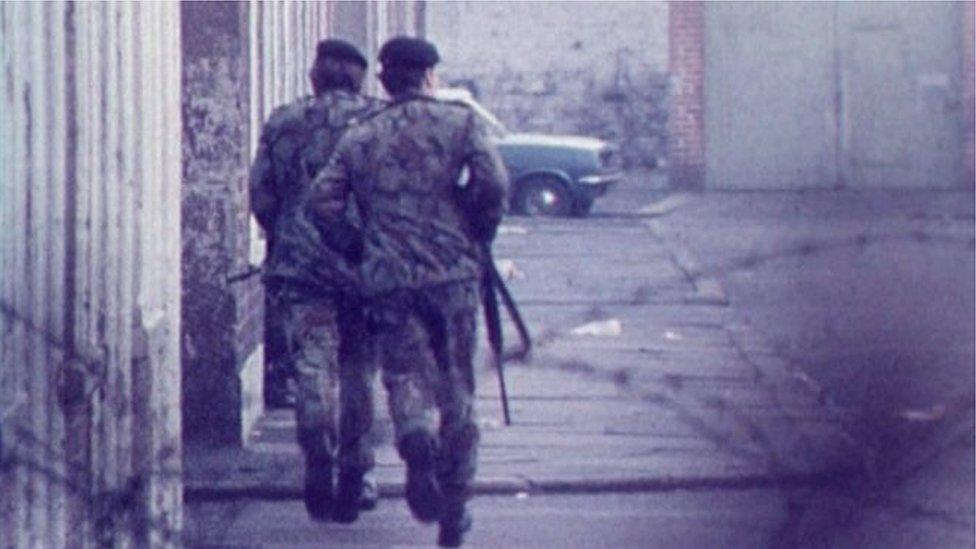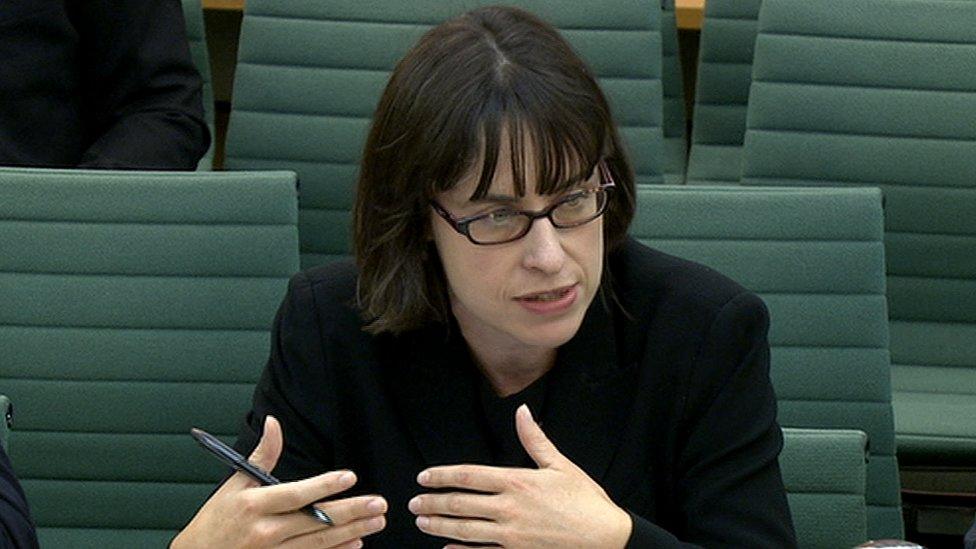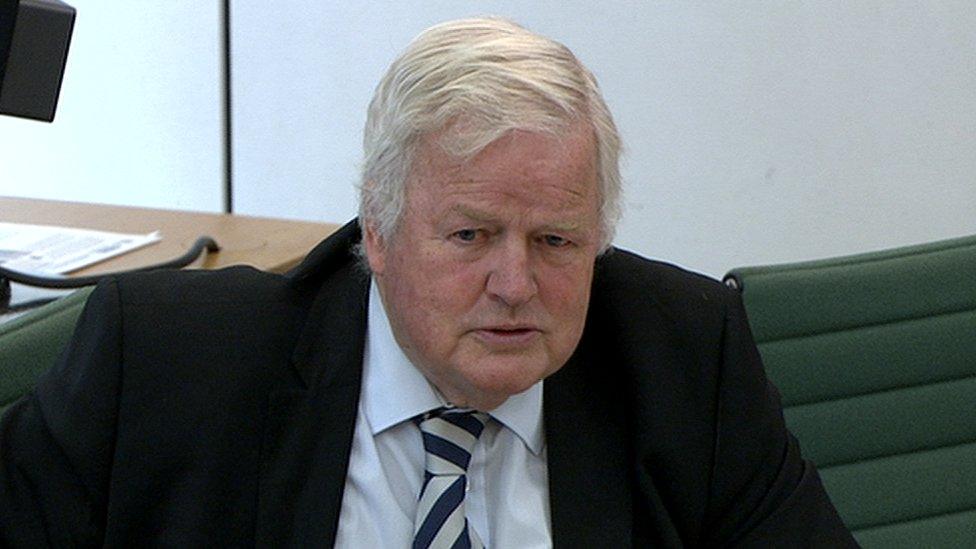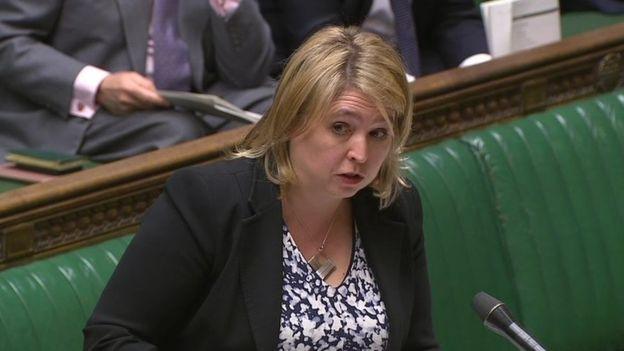The Troubles: Legality of Army 'amnesties' questioned
- Published

There have been calls for a statute of limitations on prosecutions of soldiers who served in Northern Ireland
Any statute of limitations for Troubles-era prosecutions could breach the UK's international legal obligations, MPs have been told.
The Northern Ireland Affairs Committee was discussing legacy issues on Wednesday.
It heard from two Queen's University law professors as well as the Committee for the Administration of Justice.
There have been calls for a statute of limitations on prosecutions of soldiers who served in Northern Ireland.
Prof Louise Mallinder told the committee she was concerned that such proposals would not be compatible with the UK's international legal requirements and would not be supportive of the Northern Ireland peace process.
"We don't think that international law necessarily requires prosecutions in all instances - we think there is space for flexibility around how one deals with the past," she said.
"We think nonetheless under the European Convention on Human Rights there is a clear obligation for effective investigations of serious human rights violations.
"Where a statute of limitations might conflict with those obligations would be where it creates an obstacle to effective investigations being held."

Prof Louise Mallinder was appearing before the Northern Ireland Affairs Committee
Prof Mallinder said there had not been much clarity over what a statute of limitations would look like, but that the best indication had been the most recent Defence Committee report, which talked about a qualified statute of limitations.
The qualifications would only apply to cases that had already been investigated and would not prevent new investigations and possible prosecutions where there was compelling new evidence.
However, she said there had been repeated concerns expressed by the courts and Her Majesty's Inspectorate of Constabulary about how effective investigations had been into allegations from the past, particularly in cases involving the armed forces.
'Turned over' by the Army?
"The question would be how would the idea of repeat investigations be treated," said Prof Mallinder.
"If it was treated in a way to prevent any of those cases being reviewed that's when the statute of limitations would begin to resemble an amnesty, where it would begin to resemble impunity for state actors," she said.
"That would be deeply damaging in Northern Ireland and would undermine the Stormont House proposals and I think would be damaging to Britain's reputation in the world."

Bob Stewart said soldiers didn't feel the military were on their side during Troubles-era investigations
Conservative MP Bob Stewart, who served as a soldier in Northern Ireland, said: "I was never involved in a fatality shooting before 1973 but I do know thereafter we were really turned over.
"To us, it didn't seem like the military or indeed the Royal Ulster Constabulary were on our side if you were on the receiving end of one of these investigations."
Kieran McEvoy, another law professor from Queen's University, told the committee there was a great risk in judging the quality of investigations using the benefit of hindsight.
"The reality of the numbers of murders that people were dealing with - you had teams of detectives investigating a murder and then they're moved to another murder within a couple of days, that's the human reality of it," he said.
Prof McEvoy also attacked Ulster Unionist Party's calls to scrap the Stormont House Agreement as "morally outrageous".
"There is one political party and it seems to be playing fast and loose with 'let's dump the Stormont House Agreement' and not suggesting any alternative - that's the Ulster Unionist Party - and I find their statement on this morally outrageous," he said.
However, the criticism has been rejected by the party's justice spokesman Doug Beattie.
"Any agreement that puts the interests of victims behind those of perpetrators is morally corrupt and we make no apology for rejecting proposals that will ignore tens of thousands of innocent victims," he said.
"We refuse to facilitate the rewriting of history whereby terrorists and their innocent victims are given some kind of moral equivalence.
"If Kieran McEvoy thinks that is morally outrageous then so be it."
- Published30 April 2019

- Published4 July 2019

- Published11 May 2018
